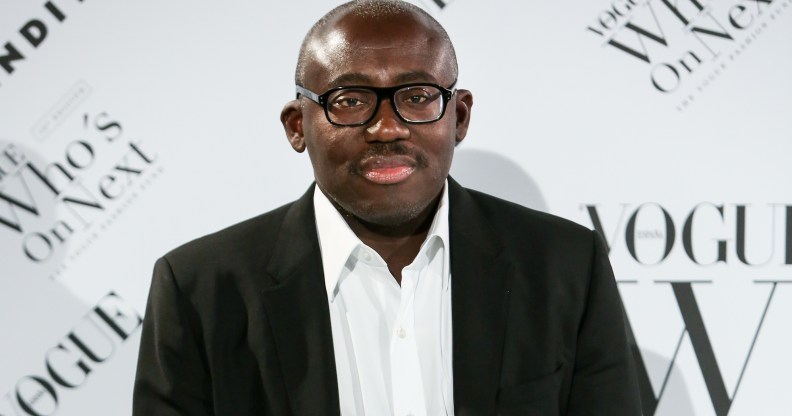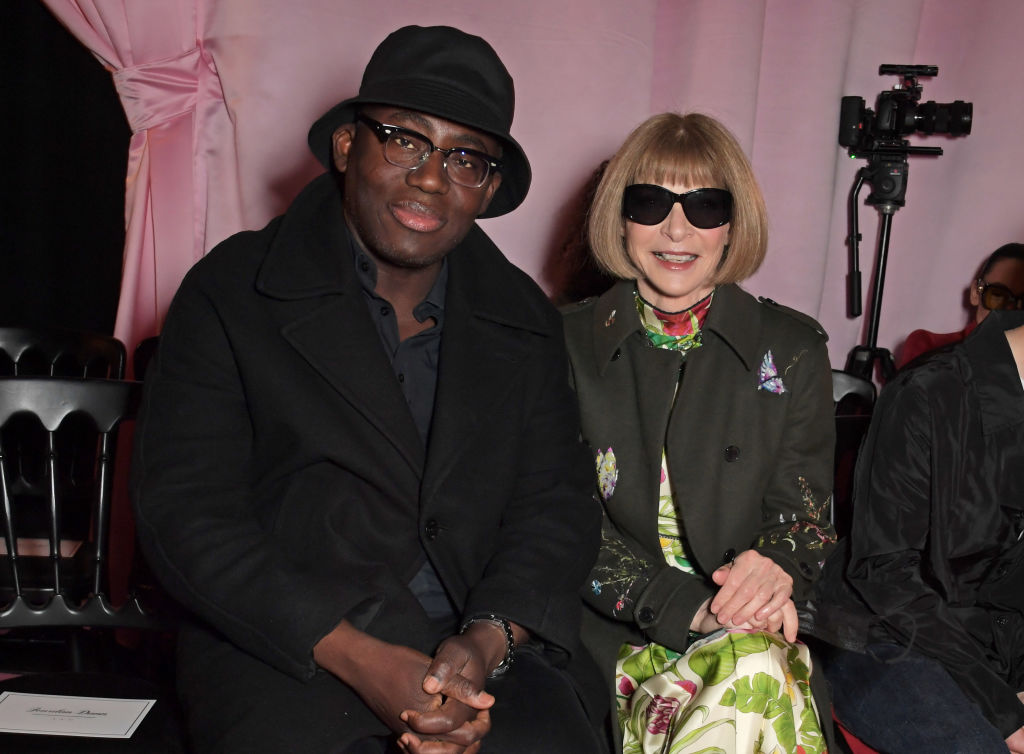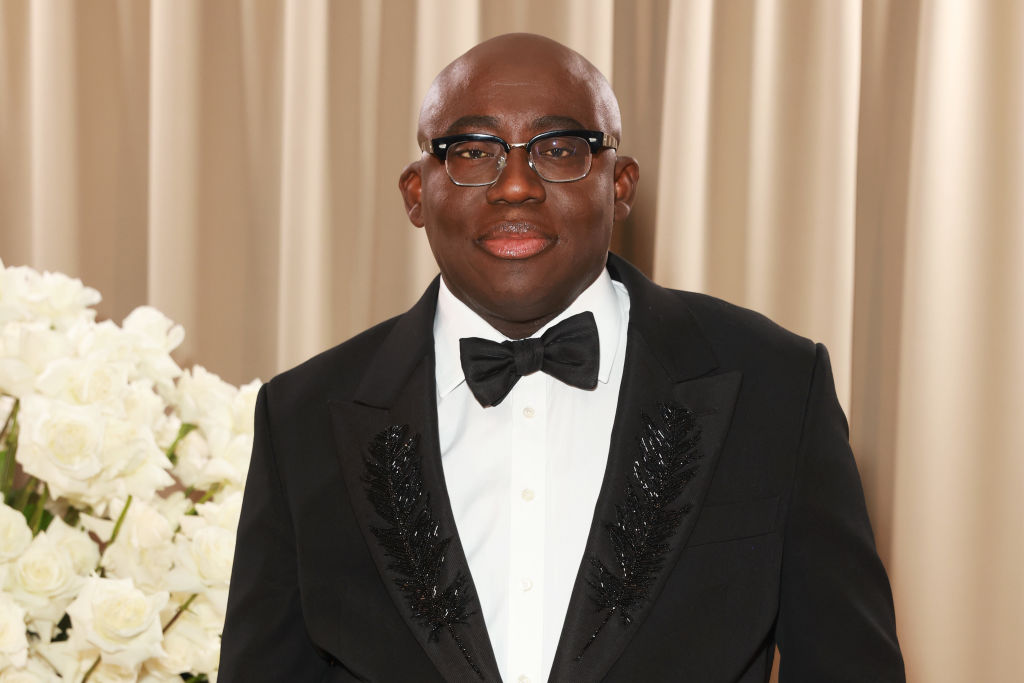British Vogue’s Edward Enninful rejected ads from ‘major fashion brands’ over lack of diversity

British Vogue editor Edward Enninful has spoken out about rejecting advertising over a lack of diversity. (Pablo Cuadra/Getty)
British Vogue editor Edward Enninful has spoken out about rejecting advertising over a lack of diversity. (Pablo Cuadra/Getty)
British Vogue editor Edward Enninful has said that the publication has rejected advertising from “major fashion brands” that haven’t done enough to promote diversity.
Appearing on BBC Radio 4’s Today programme, Enninful said British Vogue had turned down ads from companies that didn’t share the iconic fashion Bible’s “vision” for greater inclusion in the fashion industry.
Enninful, who was appointed as British Vogue’s first Black and gay male editor-in-chief in 2017, told the programme that despite being warned against making the title more inclusive when he first took over, he had used his position to push for change across the industry.
“We have turned down so many ads in the past. When I started in 2017, I said we’re going to create a magazine about inclusivity, that features all different races, and I was told ‘inclusivity equals downmarket’,” he said.

“It wasn’t until the magazine came out and the world received it in such a great way that people became convinced. So we had to turn people away who didn’t really share our vision. That’s something we’re not scared of doing.”
While not naming the companies in question, Enninful did confirm that they were “major fashion brands”.
British Vogue’s newly-released May Issue is titled ‘Reframing Fashion and features five cover stars who are all living with disability: Cruel Intentions actor Selma Blair, Irish writer Sinéad Burke, British model Ellie Goldstein, trans model Aaron Rose Philip, and Justina Miles, who performed Rihanna’s Super Bowl Halftime Show in American Sign Language (ASL).
Enniful, who worked with Burke in her capacity as CEO of the accessibility consultancy Tilting the Lens to bring the issue together, said the project “was a long time in the planning.”

In his Editor’s Letter for the May Issue he wrote: “Diversity, inclusivity, it’s all under the same roof, when you shine a light on people who have always been ‘othered’ or seen as outsiders, this has always been a mission of ours at Vogue.
Enninful added that the issue was “personal” to him as he struggles with invisible disabilities including vision and hearing problems and a chronic blood disorder.
“I can begin to imagine how the everyday world can feel hostile and inaccessible to the needs of the individual” he explained. “Disability should feel personal to us all. Some 16 million people in the UK are Disabled, with millions more Disabled-adjacent, whether visibly or invisibly.
“The time has come for us to get real about who we are as a society, and for fashion to build a better, more accessible and inclusive industry.”

